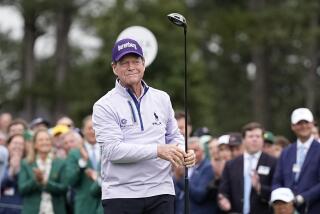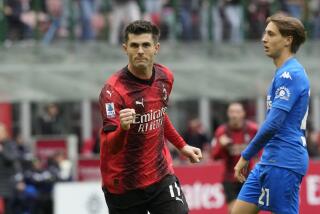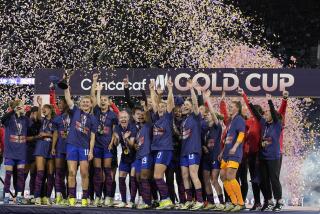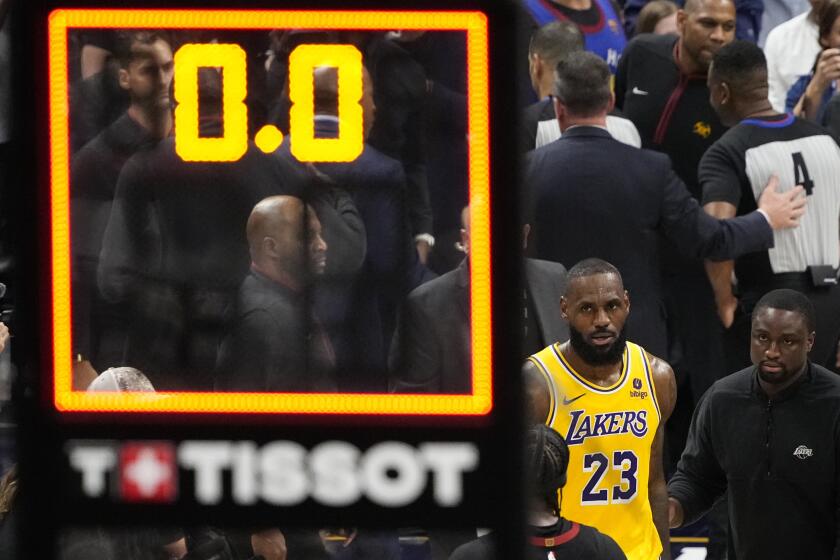U.S. seeks redemption in Ryder Cup
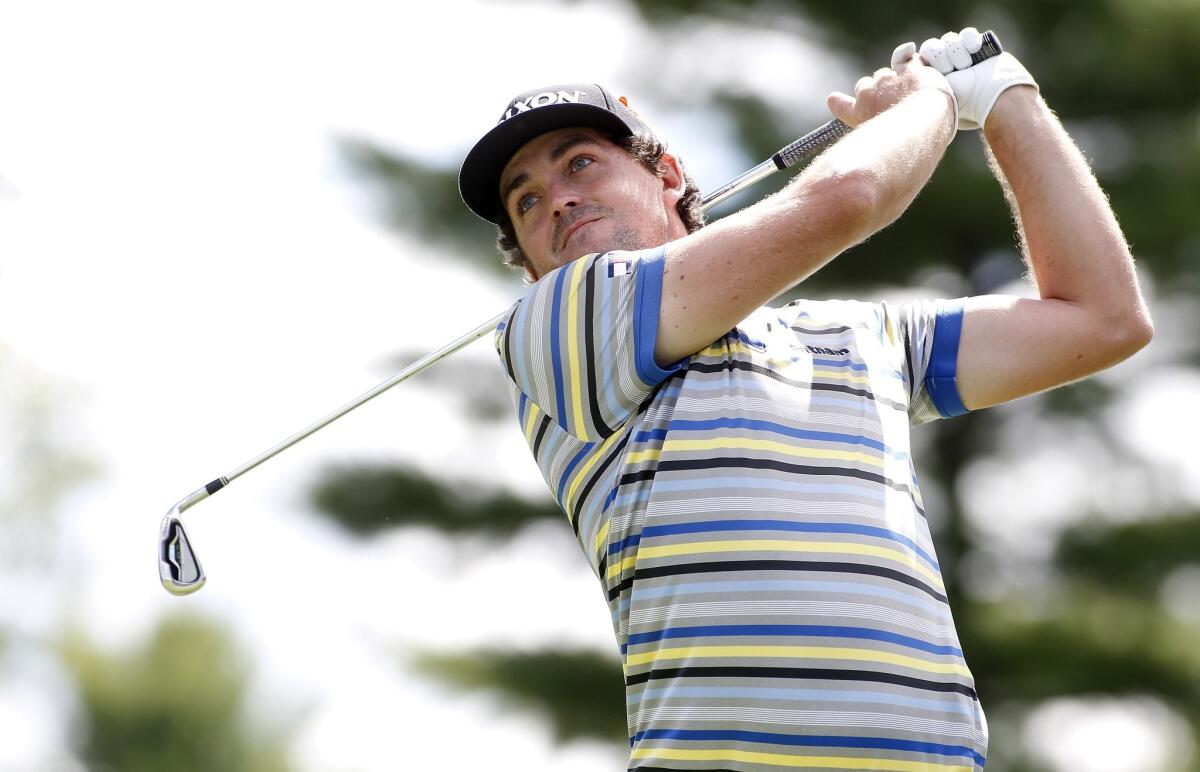
No one should worry about Billy Horschel getting pumped up for the Ryder Cup. He has a plan.
The hottest golfer in the world right now, Horschel knows the U.S. team needs something special to upset the favored Europeans over three days of cutthroat matches in Scotland.
So he will dress in red, white and blue for the start of competition Friday morning. And then Horschel will take a seat on the couch.
“I’m watching it on TV,” he says.
His absence from the American squad has spurred a good deal of debate. Officials finalized the roster early this month, just before Horschel went on a roll that carried him to a $10-million victory in the FedEx Cup playoffs.
Some wonder why the team did not wait a little longer to fill its final spots, a question that could loom large if the U.S. struggles at Gleneagles.
Europe has the stronger team on paper — led by No. 1-ranked Rory McIlroy — and a potential meteorological advantage with rain in the forecast.
Horschel and two other Americans who surged at season’s end might have helped narrow the odds. As McIlroy put it: “There are a few guys I’m glad I’m not going to see at Gleneagles.”
The Ryder Cup represents something of an anomaly — a team competition in a highly individual sport, a “love of country” event in a game dominated by million-dollar purses. Still, every two years, the biggest names in golf on two continents clamor to make their respective squads.
For the Americans, the stakes have grown considerably since 1979, when the opposing team was expanded from just Britain and Ireland to all of continental Europe.
The Europeans have won five of the last six gold cups, including a final-day comeback in 2012 known as the “Miracle at Medinah.” Or, from the American perspective, the “Meltdown at Medinah.”
“This is a redemption year for a lot of the guys,” said Keegan Bradley, who was on that U.S. team.
Most of the 2014 roster was determined by a formula that takes into account prize money from the past two seasons. The numbers automatically qualified Bubba Watson, Rickie Fowler, Matt Kuchar, Phil Mickelson, Jim Furyk, Zach Johnson, Jordan Spieth, Patrick Reed and Jimmy Walker.
U.S. Captain Tom Watson then had three discretionary picks.
“I’ve said it a hundred times,” Watson explained in early August. “You want players that are playing well to be on your team or rising and starting to show some real good form.”
But the PGA scheduled the final selections for Sept. 2, well before the end of the FedEx Cup playoffs that cap the Tour season. With stars such as Tiger Woods, Dustin Johnson and Jason Dufner sidelined for various reasons, Watson chose Bradley, Hunter Mahan and Webb Simpson.
In the weeks that followed, Horschel won the BMW Championship and the Tour Championship. Ryan Palmer and Chris Kirk, winner of the Deutsche Bank Championship, also came on strong.
“I don’t know why they make the picks so early,” Palmer told reporters after the Tour Championship.
The process wasn’t so different for the Europeans, who anchored their squad with four of the top six golfers in the world — McIlroy, Sergio Garcia, Henrik Stenson and Justin Rose.
Captain Paul McGinley made his discretionary picks on the same day as Watson, choosing Ian Poulter, Lee Westwood and Stephen Gallacher, a Cup rookie who will be competing in his native country.
Playing at Gleneagles should give the Europeans an edge with that damp Scottish weather and home crowd. The fairways figure to be tight and the greens slow.
McGinley has tried to keep his guys from growing overconfident.
“We know it’s a very, very motivated and young American team,” he said at the Wales Open this week. “They’ll be coming at us and trying to do a right they felt was wrong in Medinah.”
For the first two days at Gleneagles, the teams will compete in fourballs and foursomes. Sunday brings the climactic singles matches that have produced great drama in the past.
That’s where the Europeans stormed back at Medinah, winning eight of the 12 head-to-head contests.
“Europe has flat-out kicked our butts over the last 10 or 15 years, and that’s just the way it is,” Mahan said. “We can’t wait to get over to Scotland and get ready for battle.”
Speaking to reporters on a conference call last week, Watson defended the early date for captain’s picks. He called it a matter of logistics.
“There are so many different things that go into it just to get the players over there,” he said, adding: “It would be awfully tough to make a decision the week before the Ryder Cup.”
Which leaves the U.S. without three potentially scary players. And Horschel sitting at home, spending time with his newborn daughter.
“Should they change the process, you know, and pick later?” he asked. “I don’t know. That’s not my decision.”
Follow David Wharton on Twitter @LATimesWharton
More to Read
Get our high school sports newsletter
Prep Rally is devoted to the SoCal high school sports experience, bringing you scores, stories and a behind-the-scenes look at what makes prep sports so popular.
You may occasionally receive promotional content from the Los Angeles Times.

